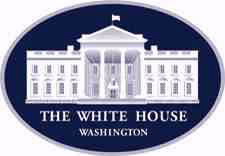EDA Investments and Programs Help Strengthen America’s Economic Ecosystem, Create Jobs
Guest blog post by U.S. Assistant Secretary of Commerce for Economic Development John R. Fernandez
With the private sector creating more than three million new jobs over the last 21 months, and nine straight quarters of positive GDP growth, the U.S. economy is showing signs of recovery. But with millions of people across the nation still unemployed, there is nothing more important right now than working to accelerate business development and job growth.
In the 2011 fiscal year, Commerce's U.S. Economic Development Administration (EDA) continued its important work of investing in competitive projects across the country that are spurring innovation at the regional level, helping to create jobs, and mitigating the effects of natural and man-made disasters.

























































































